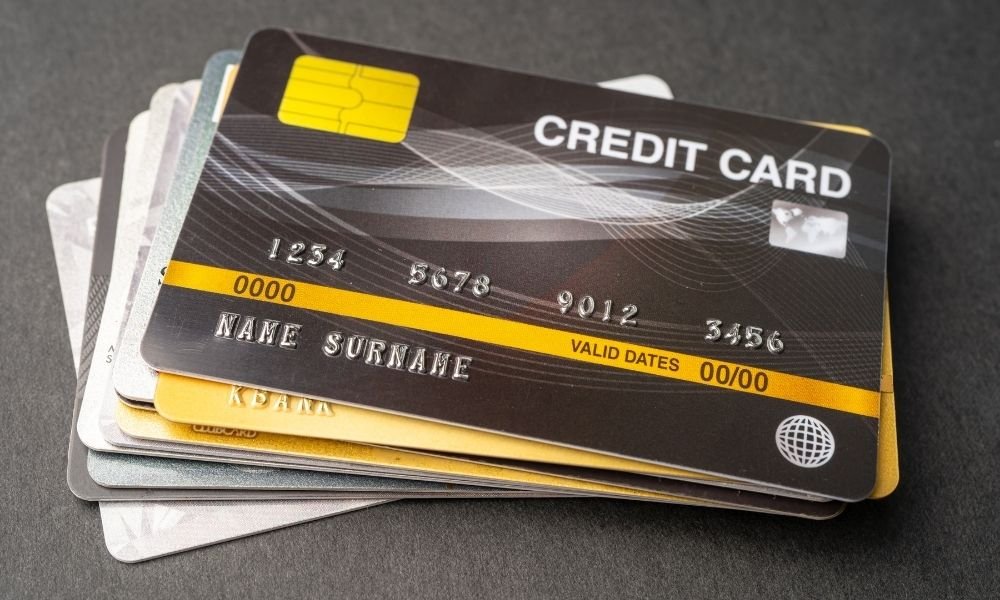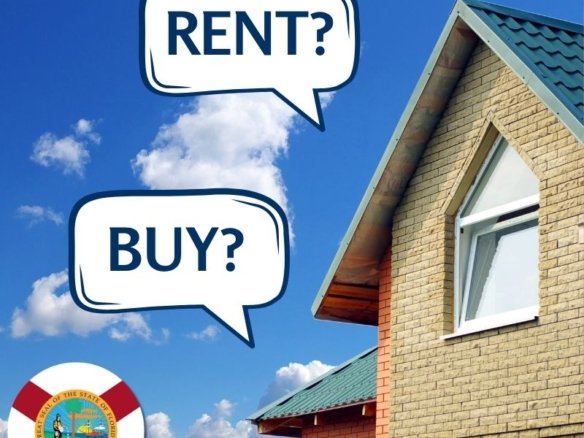Your first home starts with strong credit, and here’s how to get there. Building credit may seem a mystery, especially if you’re just starting out.
But whether you’re 22 or 42, your credit score plays a significant role in homeownership, affecting the loans you qualify for, the interest rates you’re offered, and your overall financial confidence.
Let’s break down the smartest, most effective ways to build credit in 2025, plus a section specifically for Gen Zers who are just getting started.
1. Open the Right Credit Account

If you don’t have credit yet, you’ll need to start your credit journey before you can improve it.
- Secured Credit Cards: Great for beginners. You pay a deposit, and your limit equals that deposit. It’s low-risk and builds credit when used responsibly.
- Student or Entry-Level Credit Cards: Designed for those with little or no credit history.
- Authorized User: If you have a family member with a good credit history, becoming an authorized user on their card can help you build credit without taking on debt yourself.
Tip: Avoid “buy now, pay later” (BNPL) unless you’re absolutely sure you can make payments on time. In 2025, BNPL is reported to credit bureaus, which can help or hurt your score depending on how you manage it.
2. Pay Everything on Time. No Exceptions

Your payment history makes up 35% of your FICO score, which is non-negotiable.
Set up auto-pay on your credit cards, loans, subscriptions, and anything that reports to credit bureaus.
Even one late payment can drop your score by 50+ points.
3. Keep Your Credit Utilization Low

Don’t max out your cards! Aim to use no more than 30% of your total credit limit, and ideally, keep it under 10%.
If you have a $1,000 limit, keep your balance below $100.
Paying your balance more than once a month can help keep your utilization ratio low, especially before the billing cycle ends.
4. Request Credit Limit Increases (Responsibly)

If you’ve had a credit card for 6–12 months and always paid on time, ask for a limit increase. This improves your credit utilization ratio, even if you don’t spend more.
5. Check Your Credit Reports Regularly

You can get one free report per year from each major bureau (Experian, Equifax, TransUnion) at CreditReport.com.
Look for:
- Incorrect late payments
- Accounts you don’t recognize
- Balance discrepancies
Dispute any errors; you’d be surprised how often credit reports contain mistakes.
6. Understand the Types of Credit

A mix of credit types can strengthen your score:
- Revolving Credit: Credit cards and lines of credit.
- Installment Credit: Student loans, car loans, personal loans, and eventually, mortgages.
Don’t overextend yourself to build variety; having both kinds responsibly helps.
Gen Z Spotlight: Smart Credit Hacks for New Borrowers

Gen Z (born 1997–2012) is the most tech-savvy generation yet, but that doesn’t mean they’re taught about credit in school.
Here’s how Gen Z can win at the credit game in 2025:
- Start early, even with a $200 secured card.
- Use budgeting apps like Mint or YNAB to track payments.
- Avoid frequent credit pulls; shop smart when comparing lenders.
- Be cautious with BNPL (Klarna, Afterpay, Affirm, etc.) FICO now includes BNPL in your score; missed payments can hurt you quickly.
- Consider credit-builder loans if you don’t qualify for a credit card yet.
Fast Fact: Over 50% of Gen Z have used BNPL in the past 12 months, and many have missed payments. If that’s you, no shame! Just take back control now with a clear repayment plan.
Want to Buy a Home in 2025 or 2026? Here’s What You’ll Need

Here are the credit score minimums for popular mortgage programs:
| Loan Type | Minimum Credit Score | Notes |
| FHA Loan | 580+ (3.5% down) | Flexible credit requirements |
| Conventional | 620+ | Better rates with 740+ |
| USDA / VA Loans | Varies (around 640) | Zero down payment options for qualified buyers |
| State Programs | 640-680 | Florida & North Carolina offer down payment support |
The higher your score, the more you save. Better interest rates equal lower monthly payments and thousands saved over the life of your loan.
Your Credit-Building Checklist

- Get a secured or starter credit card.
- Make every payment on time.
- Keep balances low (under 30%)
- Review your credit reports for errors.
- Use credit tools (like Experian Boost) if needed.
- Avoid unnecessary new accounts.
- Track your score monthly with apps like Credit Karma or myFICO.
- Reach out to a trusted lender to understand your options.
Final Word from Catana Homes

Whether you’re Gen Z just starting out or someone rebuilding after a rough patch, your credit doesn’t define you, but it can unlock your next chapter.
Everyone deserves the chance to own a home they love. And that starts with the proper guidance.
If you’re dreaming of homeownership in Florida or North Carolina, we’re ready when you are.
Explore available homes → https://catana-homes.com/availablehomes/
Have credit questions? → Contact our team
**Please note, this article is opinion-based and does not offer any financial advice. Please see a licensed professional, lender, and/or financial institution for more information.*


Join The Discussion